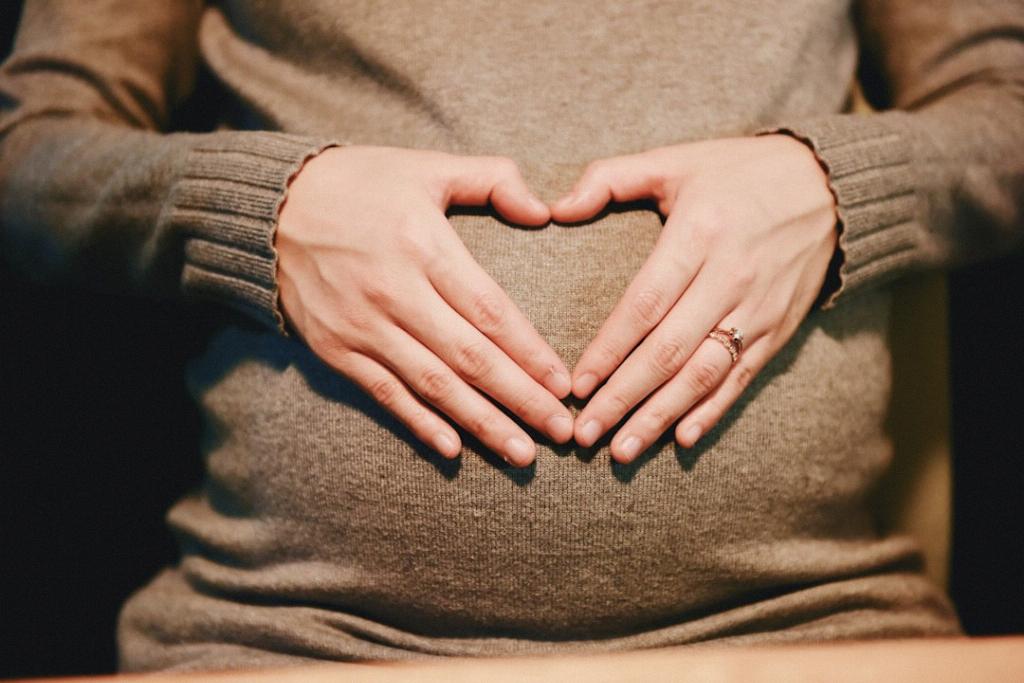When it comes to undergoing an intrauterine insemination (IUI) procedure for the first time, many individuals often wonder about the likelihood of success. It’s important to have a clear understanding of the success rates associated with IUI to set realistic expectations and make informed decisions about fertility treatments.
Statistically speaking, the success rate of IUI on the first try typically falls within the range of 10 to 20 percent. This percentage may vary depending on various factors such as the age of the individual undergoing the procedure, the quality of the sperm used, any underlying fertility issues, and the overall health of the individual.
Factors such as the woman’s age can significantly impact the success of IUI. Generally, younger individuals tend to have higher success rates compared to older individuals. This is primarily because younger individuals typically have a higher ovarian reserve and better egg quality, which can positively influence the chances of conception.
Another crucial factor that plays a role in the success of IUI is the quality of the sperm used during the procedure. Sperm quality can be influenced by various factors such as sperm count, motility, and morphology. Higher-quality sperm can increase the likelihood of successful fertilization and implantation.
It’s important to note that individuals with certain fertility issues, such as endometriosis or polycystic ovary syndrome (PCOS), may have lower success rates with IUI compared to individuals without these conditions. Understanding how underlying health issues can impact fertility can help manage expectations when undergoing fertility treatments.
Timing is also crucial when it comes to IUI success. Ensuring that the procedure is performed during the woman’s fertile window, when ovulation is likely to occur, can increase the chances of successful conception. Working closely with healthcare providers to monitor ovulation and optimize timing is essential in maximizing the success of IUI.
Supporting overall health and well-being can also positively impact the success of IUI. Maintaining a healthy lifestyle, including a balanced diet, regular exercise, and managing stress, can create an optimal environment for conception. Small lifestyle changes can make a significant difference in fertility outcomes.
Individuals undergoing IUI for the first time should be prepared for the possibility of multiple cycles before achieving a successful pregnancy. While the success rate on the first try is around 10 to 20 percent, undergoing additional cycles can incrementally increase the overall likelihood of conception.
Continuous communication and collaboration with healthcare providers throughout the IUI process are essential in addressing any concerns, adjusting treatment plans as needed, and providing emotional support. Feeling supported and informed can alleviate stress and increase the chances of success.
It’s crucial for individuals considering IUI to approach the procedure with realistic expectations and a positive mindset. While the success rate on the first try may be modest, being proactive in addressing any underlying issues, optimizing health and lifestyle factors, and staying informed throughout the process can improve the chances of a successful outcome.
In conclusion, understanding the success rate of IUI on the first try involves considering various factors that can influence fertility outcomes. By being informed, proactive, and working closely with healthcare providers, individuals can navigate the IUI process with confidence and increase the likelihood of achieving their desired outcome.

